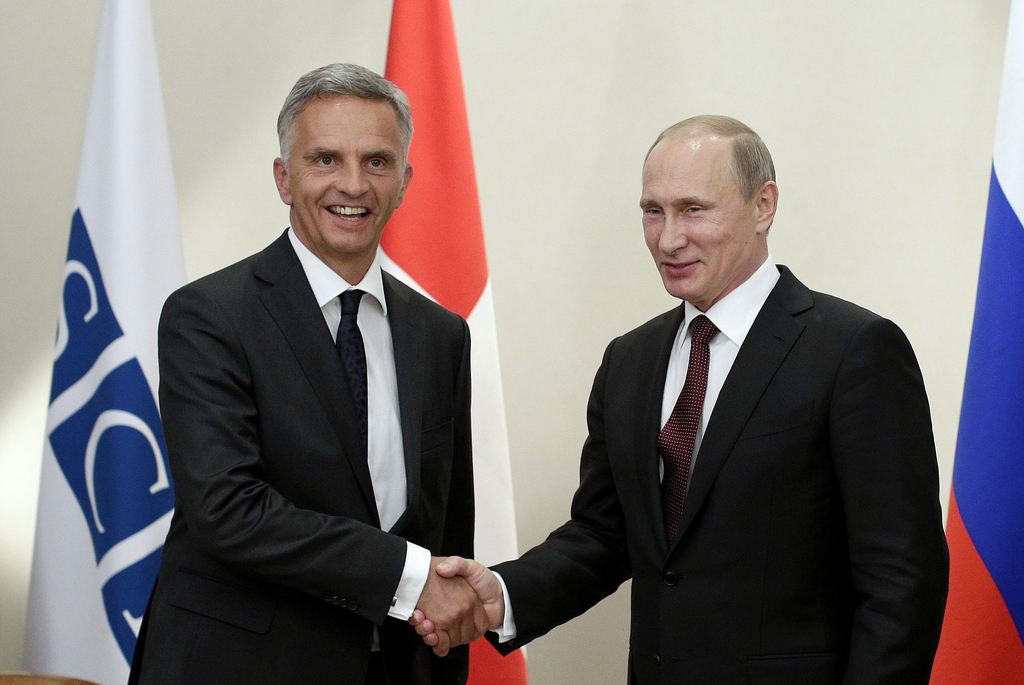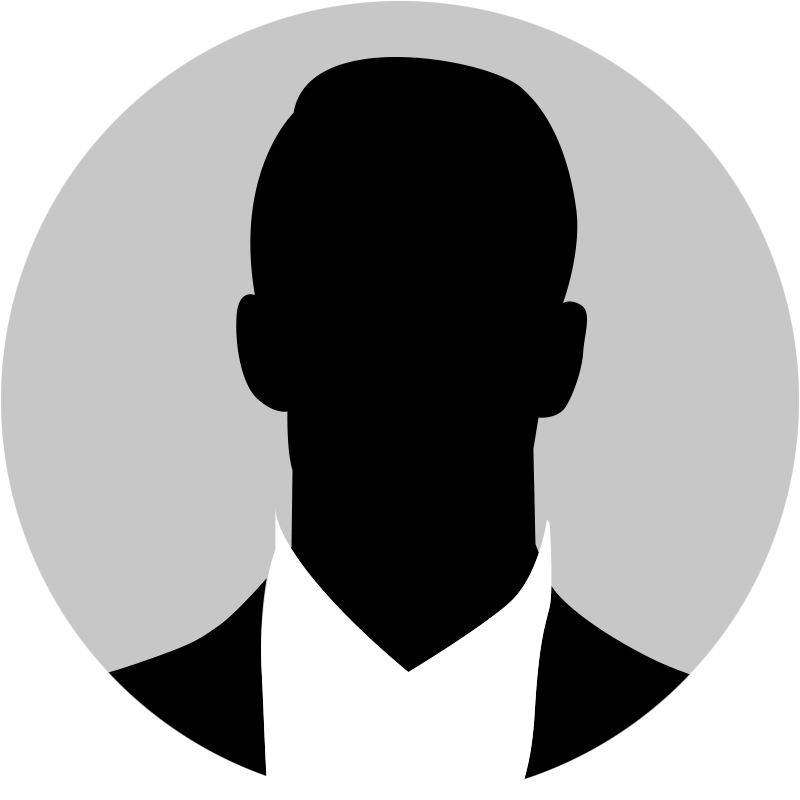
Didier Burkhalter: more success on global stage than at home

As the foreign minister and a former Swiss president, Didier Burkhalter has been an important bridge-builder between Russia, Iran and the West. As a Swiss cabinet member, the long-serving politician more often was an isolated figure.
His surprise decision to retire in autumn after some 30 years in politics says more about the Swiss political landscape than might appear from the outside. Burkhalter, from the centre-right Radical Party that is one of the biggest in parliament and traditionally aligned with business, became a somewhat lonely cheerleader for Swiss integration within Europe.
In his roles as president in 2014 and foreign minister since 2012, Burkhalter was a key player in easing the standoff over Tehran’s nuclear programme between Iran and five world powers. He also introduced some stability to the Ukraine crisis involving pro-Russian separatists. He held multiple mediation roles towards Moscow, trying to end war in Syria and resolve conflict in Georgia.
The Ukraine conflict dominated Burkhalter’s year as chairman of the Organization for Security and Co-operation in Europe (OSCE) in 2014. Before the United Nations Security Council, he proposed missions to assess Ukraine. The OSCE then sent observers there.
He championedExternal link the special monitoring team in Ukraine, whose mission not only required the backing of all 57 OSCE member states but also revived the political relevance of the world’s largest security-oriented intergovernmental organisation. Burkhalter presented a peace plan to Russian President Vladimir Putin.
“The OSCE’s prominent role at this stage was helped by the fact that Switzerland had an ambitious and capable diplomatic service and the country worked well with Germany, which throughout the crisis has displayed the strongest leadership and engagement among Western countries,” wroteExternal link Stefan Lehne, a former political strategist for the Austrian foreign ministry and visiting scholar at Carnegie Europe in Brussels.
“That Burkhalter was both foreign minister and president of Switzerland at the time also helped, as it allowed him to interact with Putin directly.”
‘Lonely diplomat’
But closer to home Burkhalter was “the lonely diplomat,” as Swiss newspaper Neue Zürcher Zeitung headlined after his resignation to note the disparity with his starring roles on the world stage.
Swiss news media had speculated in 2015 that he could become the next UN Secretary-General. Burkhalter ensured Swiss financial support for the UN’s key presence underpinning Geneva’s economy. And both at home and abroad he won good reviews, and some awards, for his role as OSCE chair.
Many newspapers blamed Switzerland’s complicated relations with the European Union as a key reason for his departure. His promotion of closer relations with Brussels suffered a serious setback in 2014 when the rightwing Swiss People’s Party won a narrow victory to impose quotas on EU immigrants to Switzerland, temporarily blocking negotiations on a series of bilateral accords. The vote further split Switzerland’s French-speaking regions, including Burkhalter’s hometown Neuchâtel, which opposed the quotas from the dominant German-speaking regions, which favoured them.
Since then, Switzerland has struggled to reconcile how to limit the number of EU workers without breaching the free movement of people accord with the 28-nation bloc or endangering other main Switzerland-EU agreements across a broad spectrum of political, economic and cultural concerns.
“Despite his eternal optimism, he was the only one to believe in an institutional agreement [with the EU],” said the Aargauer Zeitung. “He is leaving without being able to explain to the wider public the need for this agreement with the EU.”
What happens next?
When Didier Burkhalter departs on October 31, parliament will choose a replacement in the seven-minister cabinet who each take turns as president for a year. It is possible there will then be a reshuffle of portfolios – the minister who has been in the cabinet the longest (Doris Leuthard) gets first pick.
Burkhalter has been a member of the cabinet since 2009. His party, the Radicals, gets to nominate one or more candidates to be his successor, but parliament can choose anyone it wants.

In compliance with the JTI standards
More: SWI swissinfo.ch certified by the Journalism Trust Initiative






























You can find an overview of ongoing debates with our journalists here . Please join us!
If you want to start a conversation about a topic raised in this article or want to report factual errors, email us at english@swissinfo.ch.